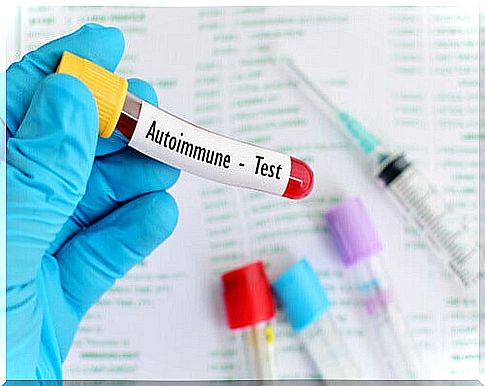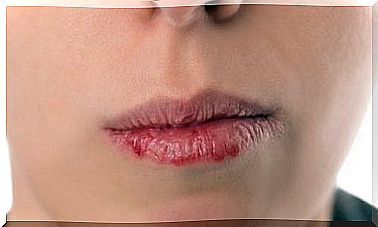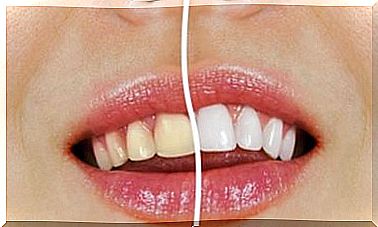6 Signs Of High Cortisol Levels

Hydrocortisone, or cortisol, is a hormone produced by the adrenal glands. High cortisol levels can affect health, as cortisol raises blood sugar and can also reduce bone formation and cause diseases such as obesity.
High cortisol levels are known as hypercortisolism or Cushing’s syndrome. This disease leads to fat accumulation, high blood pressure and high body stress.
The following signs help identify the amount of cortisol in your body:
1. Sudden weight gain
Weight gain is one of the first signs of high cortisol levels. Obesity is especially noticeable in the upper body, as fat begins to accumulate e.g. shoulders, chest and back.
The strangest thing here is that a person’s arms and legs still remain slender.
2. Skin symptoms

Overproduction of cortisol also affects the skin. It can cause the following:
- Acne
- Purple streaks on breasts, abdomen and thighs
- Bruising
- Increased hair on the face and elsewhere in the body
3. Bone and muscle symptoms
High cortisol levels can also affect muscles and bones. Bones weaken, leading to an increased risk of fractures, especially in the ribs and spine.
4. Problems with the immune system

The thymus, which regulates the immune system of the human body, also suffers from the effects of high cortisol.
High cortisol can cause cell death and cause the immune system to attack the body’s own tissues instead of the virus.
- The most common symptoms of immune system problems are asthma and allergies.
- However, the problem can get worse: it can cause redness, Crohn’s disease, or fibromyalgia.
5. Depression and mood swings
Anxiety is one of the most common symptoms that occurs when someone is under severe stress. This is accompanied by constant and sudden mood swings throughout the day, and in some cases there may be signs of severe depression.
Some studies have shown that high cortisol levels reduce blood circulation and brain glucose stores. This interferes with the ability of brain cells to absorb glucose and can cause the death of some cells.
6. Fatigue and insomnia

The energy given by cortisol can be harmful to the body. In this case, the body is too active during the day, while at night, excessive hormones do not allow the person to rest and he has difficulty falling asleep.
- Under normal conditions, body cortisol levels rise at about eight in the morning to provide energy.
- But in the overproduction of cortisol, the situation is the opposite: the hormone is active at night and the mornings are exhausted.
How to lower cortisol levels in the body?
Here are some tips for lowering cortisol levels in your body so you can live a healthier life.
Say goodbye to coffee
Caffeine tends to raise cortisol levels in the blood by at least 30% within an hour. In some cases, the effect may last for 18 hours.
If your goal is to reduce your breakdown metabolism (catabolism) and increase your building metabolism (anabolism), stop drinking coffee.
Try to sleep more

Improve your sleep cycle by drinking stews like chamomile or valerian tea before going to bed. This speeds up falling asleep and prolongs sleep duration.
In addition to lowering cortisol levels, you will look younger and healthier and minimize the effects of the current years.
Exercise
The known benefits of a regular exercise routine, achieved through increased muscle mass and serotonin and dopamine production, reduce the risk of anxiety or depression.
In addition to this, exercise helps you burn more of that extra energy, preventing it from accumulating in your body and preventing cortisol levels from going wild.
Keep your blood sugar level
Eat full meals that are made up of carbs, protein and fiber to keep your blood sugar under control.
It is also recommended to eat supplements such as vitamin B, calcium, magnesium, chromium, zinc, vitamin C and alpha-lipoic acid.









